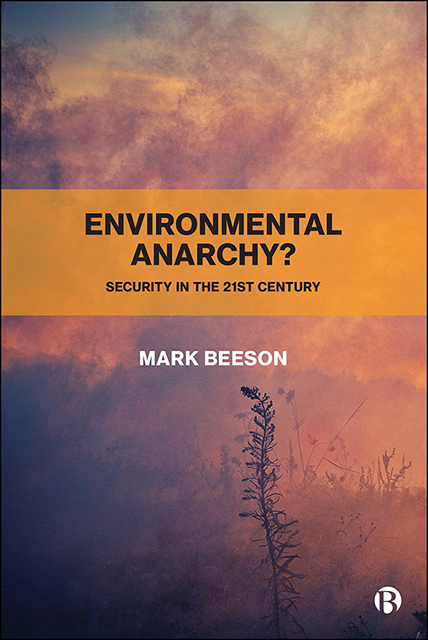Book contents
- Frontmatter
- Dedication
- Contents
- List of Abbreviations
- Acknowledgements
- Introduction
- 1 Getting Real: The Way the World Works?
- 2 Hope Springs? Peace, Progress and Pluralism
- 3 Environmental Security
- 4 The Psychological and Cultural Dimensions of Security
- 5 (Not So?) Grand Strategy
- 6 Unequal Security
- Conclusion
- Notes
- Index
6 - Unequal Security
Published online by Cambridge University Press: 18 April 2023
- Frontmatter
- Dedication
- Contents
- List of Abbreviations
- Acknowledgements
- Introduction
- 1 Getting Real: The Way the World Works?
- 2 Hope Springs? Peace, Progress and Pluralism
- 3 Environmental Security
- 4 The Psychological and Cultural Dimensions of Security
- 5 (Not So?) Grand Strategy
- 6 Unequal Security
- Conclusion
- Notes
- Index
Summary
Even before COVID-19 plunged the world into the greatest economic downturn since the Great Depression, it was evident that economic security or, more precisely, its absence, was a major issue. Indeed, it is difficult to imagine a more fundamental or direct threat to human material and psychological security than extreme poverty. The links between unemployment and social unrest are long standing and widely understood. Likewise, unhappiness about economic inequality, and a concomitant lack of social equality and justice, have driven some of the most important social movements in history, sometimes with catastrophically disruptive consequences. Yet, despite the importance of economic issues, they are often noteworthy for their absence in conventional accounts of security, other than as the basis of national power and the capacity to acquire advanced military hardware.
Many accounts of material reality in the IR literature have, ironically enough, been rather impoverished as a result. Now, however, a failure to take economics seriously is, to use another suitably appropriate adjective, indefensible. Not only is economic inequality a source of insecurity in general, but there is an even more fundamental problem that flows from our collective attempts to realize our material wants: there are very real and enduring questions about the carrying capacity of the planet, especially when the economic system is based on continual expansion and the exploitation of finite resources. As we have seen, these sorts of questions have been around for a long time, but they have assumed renewed importance as a consequence of our collective impact on the natural environment, as human beings transform the biosphere upon which we all ultimately depend. What makes these questions especially pertinent at this moment in history is, firstly, that capitalism looks to be part of the problem rather than the solution, and secondly, that the prospect of material plenitude looks unsustainable for the fortunate few, let alone the millions in the so-called developing world who are unlikely to ever experience it.
- Type
- Chapter
- Information
- Environmental Anarchy?Security in the 21st Century, pp. 145 - 168Publisher: Bristol University PressPrint publication year: 2021



